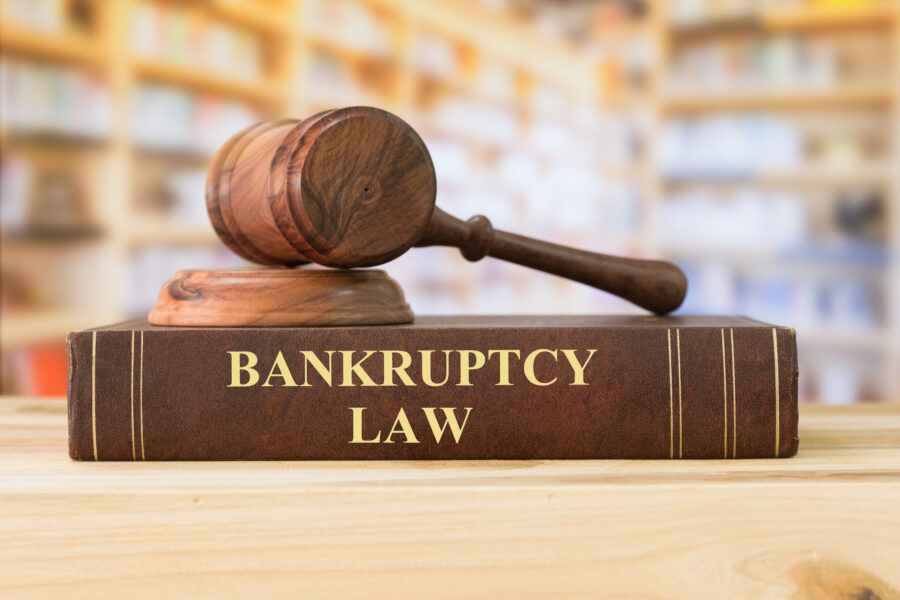
Bidding on tax sale properties can be a lucrative investment opportunity, especially for those looking to acquire properties at a fraction of their market value. However, these sales come with their own set of risks.
As a prospective buyer, you must perform thorough due diligence to avoid potential financial and legal pitfalls. This article explores critical factors to check before bidding on tax sale properties.
Verify Property Title and Ownership
The first step in due diligence is verifying the property’s title and ownership. This process ensures that the property you’re bidding on is free of encumbrances like mortgages, liens, or other outstanding debts. Sometimes, tax sale properties may have additional legal complications affecting your ability to take ownership, including undisclosed heirs or co-owners.
Assess the Property’s Condition
Unlike traditional real estate transactions, tax sale properties are often sold “as-is,” meaning what you see is what you get. Properties sold at tax sales may be in poor condition, abandoned, or require significant repairs. Before bidding, you should physically inspect the property or at least conduct a thorough visual assessment using online tools. This step is critical to avoid purchasing a property that requires extensive renovation or demolition, which could offset any potential profit.
Check for Environmental or Zoning Issues
Environmental or zoning issues can dramatically affect the value and use of tax sale properties. Properties located near contaminated sites, floodplains, or protected wetlands may require expensive cleanup efforts, or they may have restrictions on their future development. Reviewing zoning regulations is equally important, as specific properties may be zoned for uses that do not align with your investment goals.
Understand the Redemption Period
In Maryland, there is often a redemption period following a tax sale, during which the original owner can reclaim the property by paying back the owed taxes and interest. During this time, the winning bidder holds a tax lien but does not have immediate possession. Understanding the length of the redemption period and the likelihood of the property being redeemed is critical to your investment strategy.
Review Outstanding Tax Liabilities
While you may acquire a property for the outstanding taxes, other obligations may remain. Some properties may have additional tax liabilities not included in the sale price, such as water bills, homeowner association fees, or special assessments. These extra costs can quickly add up, so you should know the full scope of financial obligations tied to the property before placing a bid. A thorough review of the property’s tax history and other outstanding debts can help avoid unexpected expenses.
Final Thoughts
Bidding on tax sale properties can be a high-risk, high-reward endeavor, but you can mitigate many risks by conducting thorough due diligence. Consulting with a qualified Maryland tax sale attorney can provide valuable insight and guidance throughout the process, helping you make informed investment decisions.
At LewisMcDaniels, our experienced attorneys have extensive knowledge of tax sale properties in Maryland and can assist you at every step, from conducting due diligence to finalizing the sale. Contact us today for a consultation, and let us help you maximize your tax sale property investment.












